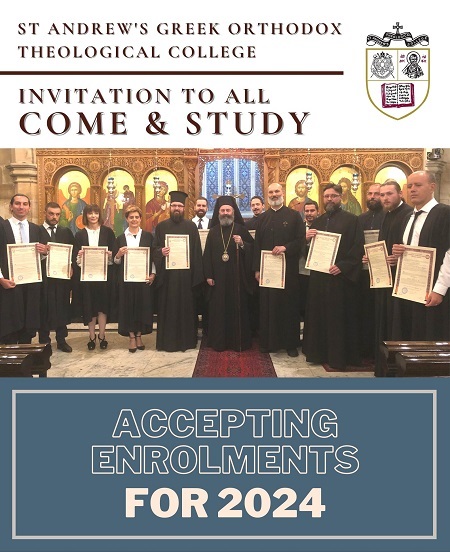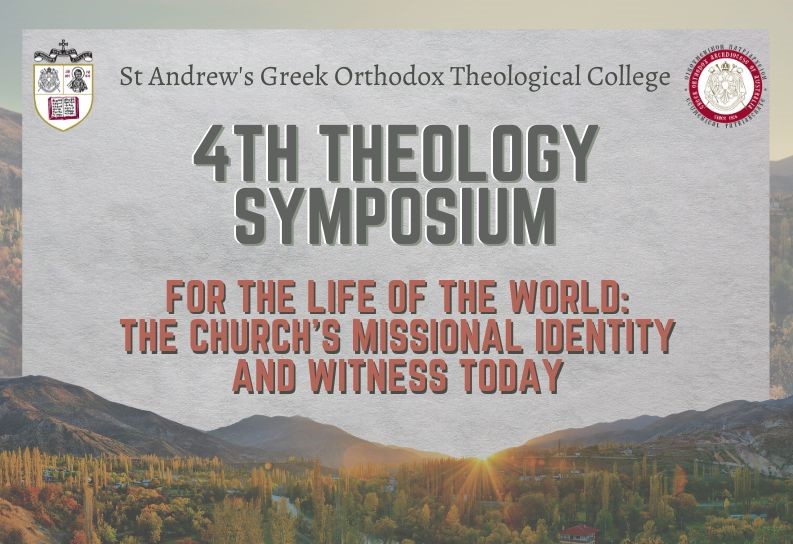- Home
- About us
- Students
- Courses
- Research
- Library
- News & Events
- Gallery
- Contact
- Our Blog
Latest News

Byzantine Hagiography
H9632A
Unit Weighting
9 cps
Type of Unit
Specialised Graduate Unit
Prerequisites
H8530A Byzantine Studies
Academic Staff
Dr Mario Baghos, BTh (SCD 2009), BTh (Hons) (SCD 2010), PhD (Sydney 2015), Lecturer
Curriculum Objectives
This graduate course unit explores the historical and literary development of hagiography in the Byzantine context, highlighting its relevance both for the Byzantines and for the contemporary ecclesial experience.
Learning Outcomes
At the end of this unit students will be able to:
- contextualise and account for the emergence and development of hagiographical literature within Byzantium.
- distinguish and assess the various themes and sub-genres within hagiography, as well as hagiographical motifs in other literary genres (such as historiography, hymnography, etc.).
- critically apply the findings of a study of primary sources to Byzantine hagiography.
- critically apply the findings of secondary studies sources to Byzantine hagiography.
- evaluate the relevance of the study of Byzantine hagiography for the contemporary ecclesial experience.
Content
- The historical and cultural context of Byzantine hagiography
- Hagiography and its monastic context
- Hagiography and its civic context, especially in Constantinople
- The spiritual and theological significance of Byzantine hagiography
- The relevance of Byzantine hagiography for the contemporary ecclesial experience
Assessment Profile
- Critically engage with, interpret, and explain primary and secondary sources (e.g. reviews or summaries).
- Contextualise and assess key social, cultural, religious aspects and/or mentalities that impacted on or are reflected in Byzantine hagiography (e.g. essay).
- Contextualise and interpret key themes reflected in Byzantine hagiography (e.g. exam).
Schedule
3hr lecture per week on campus, or via distance education







.png)